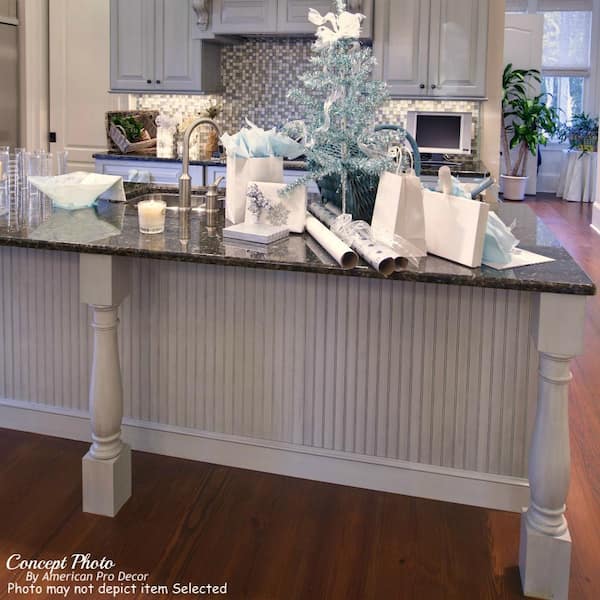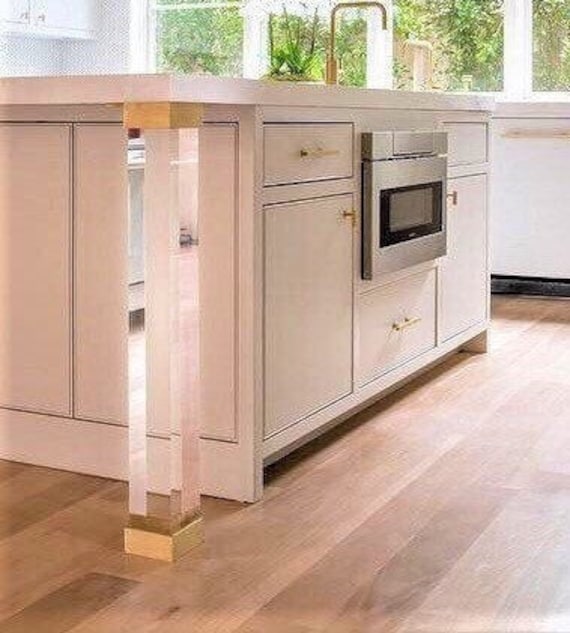Necessary Tips for Choosing the Perfect Table for Your Cooking Area
Choosing the ideal table for your kitchen area is greater than just a matter of preference; it requires a complete understanding of your area and requirements. Begin by determining your available space to ensure enough clearance for motion. The shape of the table plays a critical duty; while rectangular tables suit bigger areas, rounded ones foster affection, and extendable options provide versatility. Material selection is similarly essential, with woods giving toughness and glass borrowing a contemporary touch. The table needs to balance with your cooking area's aesthetic appeals and accommodate your family members easily. What various other elements might affect this vital decision?
Step Your Space
Picking the optimal dining table starts with a thorough analysis of your available space. This foundational step guarantees that the table not only fits conveniently within the area yet also matches the overall layout and performance of your dining location.
Consider the circulation of movement around the table. It is necessary to leave sufficient area for chairs to be drawn out and for people to walk around the table without obstruction. A basic general rule is to permit a minimum of 36 inches of clearance from the edge of the table to the nearest wall or furniture piece. This makes sure convenience of access and comfort throughout meals.
In addition, believe regarding the variety of people you typically entertain and whether you require additional room for guests. Deciding for an extendable table can supply flexibility, enabling you to accommodate differing numbers of diners. By properly determining your room, you prepared for selecting an eating table that enhances both the appearances and performance of your eating area.
Select the Right Shape

On the other hand, round tables are excellent for smaller sized kitchens or intimate events, as they promote discussion by allowing everybody to encounter each other. They likewise give a sense of comfort and can fit well in tighter rooms due to their absence of sharp edges. Oblong tables provide the most effective of both worlds, incorporating the length of rectangular tables with the intimacy of rounded ones, making them functional for various settings.
Square tables are an additional alternative, particularly fit for square-shaped spaces. They produce a in proportion and modern look, fostering an equal eating experience for all seated.
Product Factors To Consider
When choosing an eating table, material factors to consider are paramount in establishing the table's resilience, upkeep demands, and overall visual. Wood is a classic option, offering classic appeal and effectiveness.
Glass-topped tables offer a contemporary, sleek appearance and can make a room show up bigger because of their openness. Nevertheless, they require constant cleaning to avoid smudges and finger prints. Additionally, solidified glass is recommended for its additional strength and security.

Last but not least, composite materials like MDF (Medium-Density Fiberboard) or plywood are economical check it out options. These materials can resemble the appearance of solid timber but might not use the exact same longevity. They are normally simpler to tidy however can be prone to water damage otherwise appropriately sealed.
Inevitably, the choice of product ought to straighten with your kitchen area's style, your way of living needs, and your budget plan constraints. (kitchen island legs)
Seats Capacity and Convenience
Just how do you determine the ideal seats capacity and comfort for your dining table? For a household of 4, a rectangle-shaped table of 48 inches long or a round table with a 48-inch diameter is typically adequate.
Comfort is similarly essential. The height of the table ought to preferably be around 30 inches, supplying a well balanced ergonomic position for seated restaurants. go now Chairs must have a seat height of 18 to 20 inches to ensure a comfortable dining position. Furthermore, think about the chair style; supportive backrests and upholstered seats can enhance dining comfort considerably, particularly throughout long term dishes.
Design and Visual Appeal
Selecting an eating table that matches your style and aesthetic appeal includes balancing individual preference with the existing decoration of your dining room. The eating table is usually the focal point of the kitchen area, and its style should enhance the total style of the space. Whether your kitchen flaunts a modern-day, minimalist look or a rustic, farmhouse beauty, the table you select ought to balance with these elements to produce a cohesive and inviting ambience.
Take into consideration products meticulously; timber uses a timeless allure and can range from rich mahogany for a typical seek to lighter oak for a modern feeling. Metal and glass tables, on the other hand, can introduce a sleek, commercial edge to your cooking area. Do not forget the table's shape-- rectangle-shaped tables are flexible and classic, while round and oblong options can cultivate a much more intimate eating experience.
Furthermore, pay attention to surfaces and details. A distressed finish could read review add personality and heat, whereas a glossy surface area can contribute to a tidy, modern-day visual. Eventually, your eating table ought to not just healthy effortlessly right into your cooking area's layout but additionally reflect your personal design, boosting the space both functionally and aesthetically.
Conclusion
To conclude, selecting the ideal dining table for a cooking area necessitates careful examination of room, shape, material, seating capability, and visual harmony. Guaranteeing a minimal clearance of 36 inches promotes comfortable activity, while the option of shape boosts spatial characteristics. Product selection influences longevity and layout, making it essential to straighten with the kitchen's overall visual. Inevitably, an appropriate dining table fosters a welcoming environment and fits the household conveniently, therefore improving the dining experience.

When choosing a dining table, material factors to consider are extremely important in identifying the table's longevity, maintenance needs, and general visual. For a family members of four, a rectangular table of 48 inches long or a round table with a 48-inch size is generally enough.
Do not overlook the table's shape-- rectangular tables are flexible and timeless, while round and oblong alternatives can cultivate a more intimate eating experience. kitchen island legs.
Comments on “Unique Kitchen Island Legs for a Personalized Kitchen Look”